Goodreads.com has emailed me the disturbing information that I’m among its top 25% of readers, “based on the number of books you read this year.” How could that be? I mean, my average came out to about a book a week—and I didn’t rate any higher than 25%? It’s a hardcore bunch over at Goodreads.com. The top ten percent must be total maniacs.
While I contemplate what it might be like to lead a well-rounded, healthier life—and a New Year’s Resolution to read less—below is a list of titles, my personal favorites published in the last year or so.
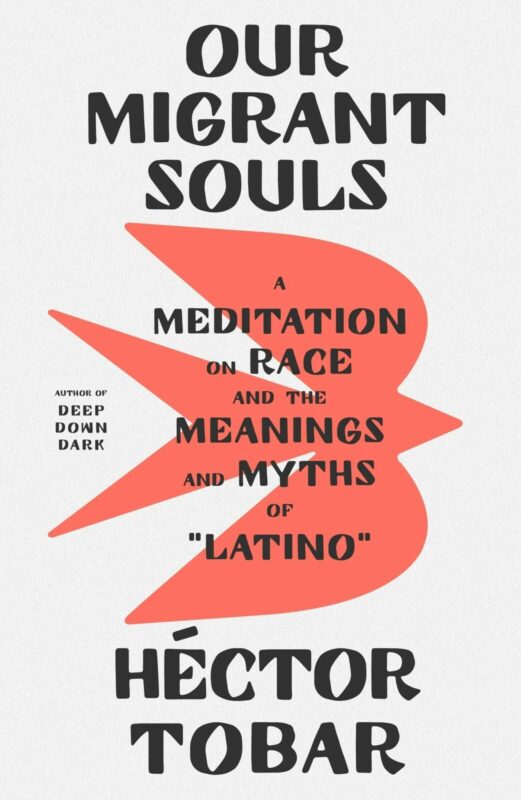
Our Migrant Souls: A Meditation on Race and the Meanings and Myths of “Latino” by Héctor Tobar. Born in 1963 in LA to parents newly arrived from Guatemala, Tobar has written journalism, novels, and works of non-fiction. My first exposure to his precise, insightful prose was an essay titled, “The Assassin Next Door,” published in the New Yorker several years ago. That piece combined memoir with national history to demonstrate how racist hatred and transracial solidarity are nurtured within the same American spaces. In Our Migrant Souls, Tobar adds to this combination what he’s learned from the lives of his Latino students as an instructor of writing and literature. Writing about the Latino experience is typified by tales of hardship, discrimination, and family dysfunction. In contrast, Tobar emphasizes the courage of the immigrant, and how their initial boldness—that decision to migrate, to court danger and loss—becomes the foundational story of so many American families.
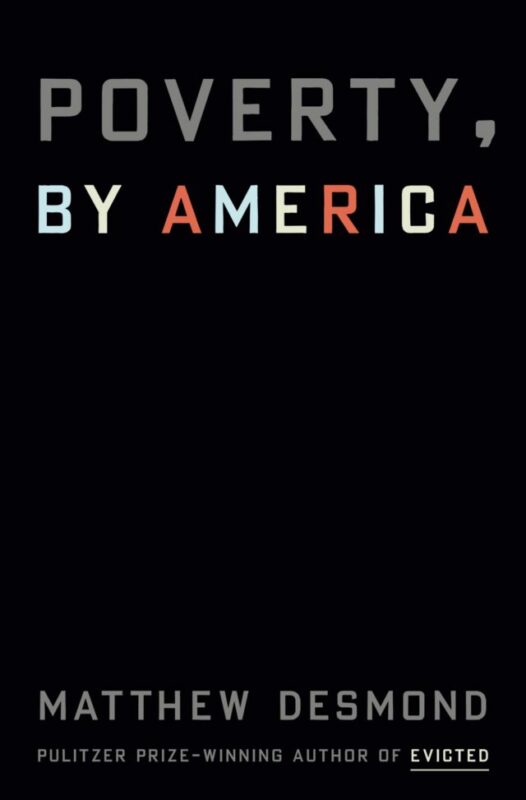
Poverty, by America by Matthew Desmond. Whether I’m reading history or sociology, natural science, memoir, or even fiction, I’m not used to having my conscience stung so directly. Desmond’s analysis, in general terms, was far from unfamiliar. But his delivery of it spotlights the role of complacency and makes the whole question of the persistence of poverty a moral question. I took this up in detail in my last post on this blog. Desmond believes in the efficacy of policy, most especially when it has widespread political support and is shaped to be inclusive in its benefits. But for Desmond, the crucial question about poverty is who benefits from it, to which he answers “the rest of us.”
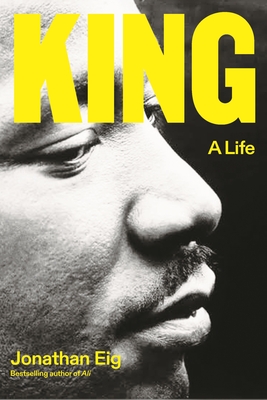
King: A Life by Jonathan Eig. Turns out I was wrong to think I didn’t need to read another Martin Luther King, Jr. biography. This one, by humanizing him, serves as a corrective in an era of warped MLK iconography. Eig stresses King’s precarious mental health under conditions of unimaginable stress and fear of attack, the FBI hounding he received, driven by J. Edgar Hoover’s deep, racial animus. Eig also foregrounds the perspective and contribution of his wife and movement partner, Coretta King. One gets a sense of the shortness of King’s life, his youth, his uncompromising understanding of the leadership role he’d accepted, and the decisive quality of his faith in a personal God. [get the right phrase]. The result is a moving read and, for me, an even deeper admiration.
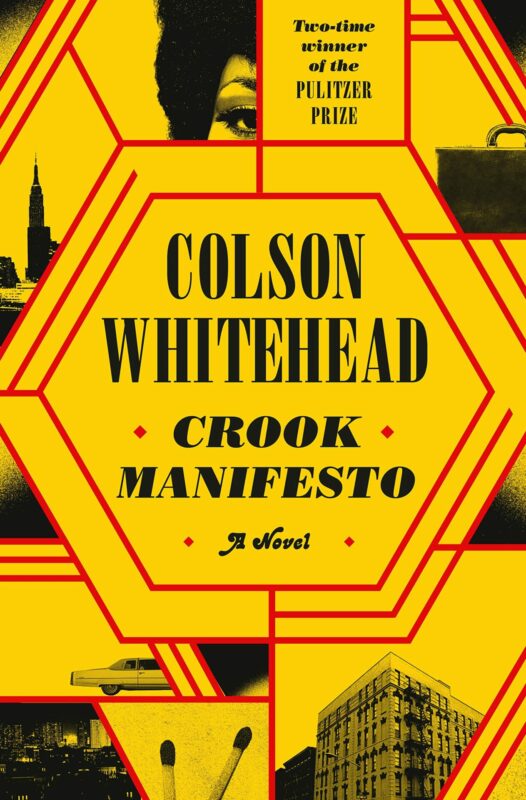
Crook Manifesto by Coleson Whitehead. Whitehead has tried his hand and succeeded in several genres of fiction. He reaches near-perfection with Crook Manifesto, the second book in his Ray Carney crime series set in 1960s and 70s Harlem. Carney is a neighborhood furniture store owner with a foot on each side of the law. On one side is his legit life, his business, his wife and young children, his wish for his family to prosper and rise. On the other side is his “bent” life, the now-and-then fencing and shady acquaintance that are necessary to keep his aboveboard life afloat. That the two sides coexist in contradiction makes for great suspense, cultural history, specificity of language, time and place, and sharp commentary on the conditions of Black life in America. The plot is set in motion by Carney’s desire to get his teenage daughter tickets to the Jackson 5 concert. Things just get better from there.
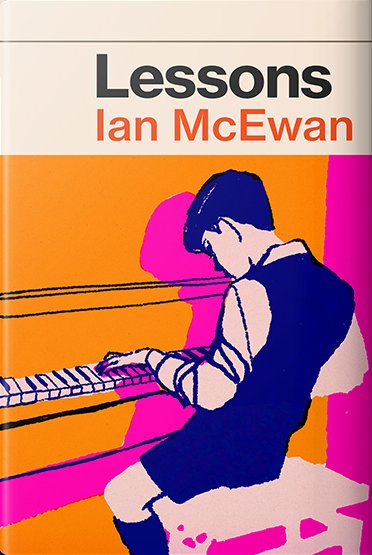
Lessons by Ian McEwan. I re-read this 2022 book in 2023. It’s McEwan’s seventeenth novel, and again one of the great English prose stylists takes up one of his enduring themes: the steep price an artist pays for their devotion, whether or not it’s morally justified. Here, in a book that rivals Atonement as the author’s masterpiece, McEwan delivers a corollary, which I found welcome, especially compared to the colder conclusions he comes to in some of his other books. A half decade or so younger than Biden, Dylan, the Beatles, and the Stones, McEwan has reached an age from which he can contemplate with authority a life as a whole, its ups and downs, its feasts and famines, its twisting trajectories. To American scholars of the Cold War and of the unexpected politics and economics of its aftermath, the book grants the experience of these years from a European perspective—closer to the action in several respects.
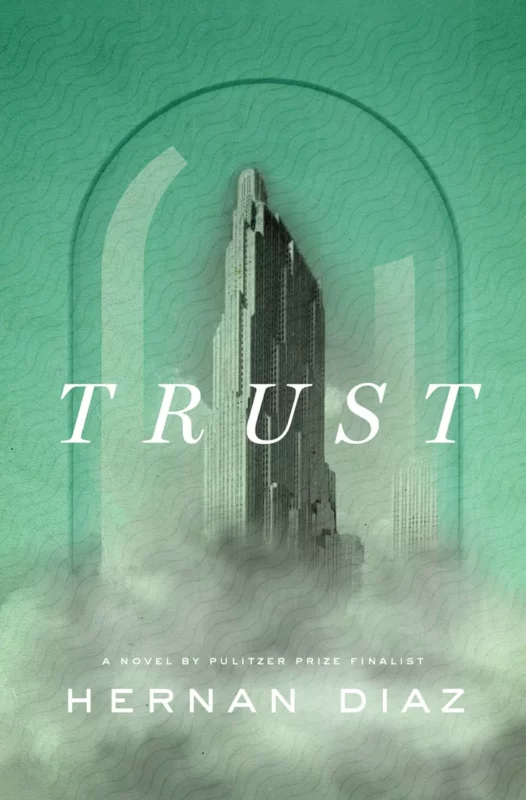
Trust by Hernan Diaz. This ingeniously constructed work of metafiction was published in 2022 and this year was awarded the Pulitzer Prize. With it and its predecessor, In the Distance (2017), another terrific but lesser-known work of historical fiction, Diaz emerges as a major writer. The book demonstrates the author’s deep research in 1920s Wall Street tradecraft, his command of magnate discourse, his familiarity with period texts, and his deep appreciation of Borges. We are again living in an age of unchecked corporate arrogance and power. Dangers loom, and when our bacon is saved, it’s often due to female agency against the odds. It’s a timely, resonant book.
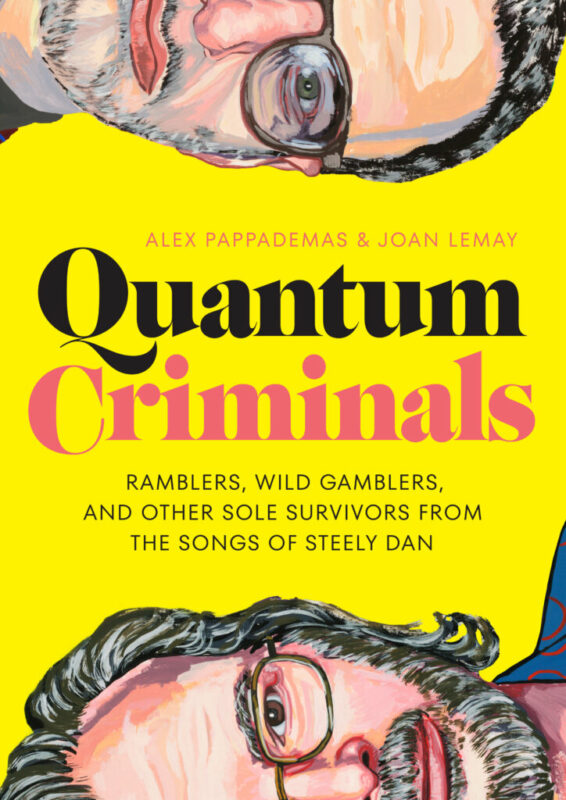
Quantum Criminals: Ramblers, Wild Gamblers, and Other Sole Survivors from the Songs of Steely Dan by Alex Pappademas with illustrations by Joan LeMay. This is the outlier on the list, mostly because its topic, the rock group Steely Dan, is likely of limited interest. For both 1970s punk and 1990s grunge rockers, Steely Dan epitomized the contemptible sound of slick, complacent professionalism. Now the group has been discovered and celebrated by a new generation, and Pappademas, one of these new aficionados, explains why. First, digital recording technologies have made slickness less a privilege than a choice. Second, and more importantly, the group’s “blue ribbon misanthropy” was prescient. “Our fast-warming world,” Pappademas writes, “is more Steely Dannish than it’s ever been.” Witty, articulate, full of tasty references, Quantum Criminals is that rare work of criticism that sustains its verve to book length.

2 Thoughts on this Post
S-USIH Comment Policy
We ask that those who participate in the discussions generated in the Comments section do so with the same decorum as they would in any other academic setting or context. Since the USIH bloggers write under our real names, we would prefer that our commenters also identify themselves by their real name. As our primary goal is to stimulate and engage in fruitful and productive discussion, ad hominem attacks (personal or professional), unnecessary insults, and/or mean-spiritedness have no place in the USIH Blog’s Comments section. Therefore, we reserve the right to remove any comments that contain any of the above and/or are not intended to further the discussion of the topic of the post. We welcome suggestions for corrections to any of our posts. As the official blog of the Society of US Intellectual History, we hope to foster a diverse community of scholars and readers who engage with one another in discussions of US intellectual history, broadly understood.
Just so appreciate you sharing these.
Thanks, Larry. Best of book/movies/records lists are my favorite thing about the end of the year.